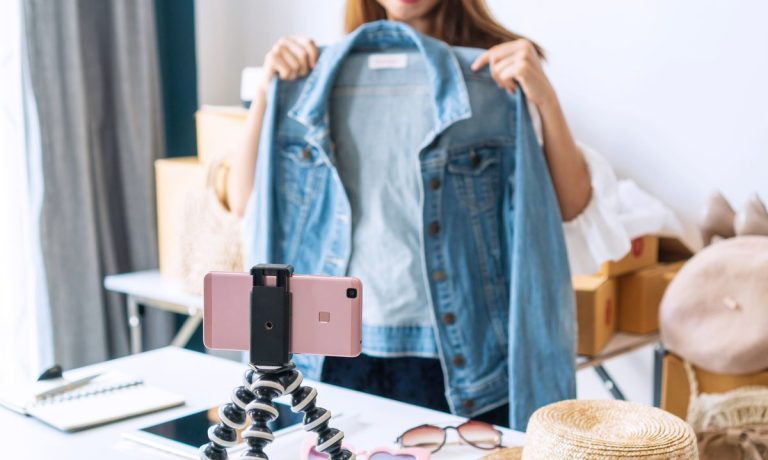Commerce Is Fast Becoming The New Battleground For Social Media Giants

Social media firms are placing their bets on the wave of interest in social commerce, in which their respective platforms essentially become storefronts where users can discover and buy all kinds of products.
It was a recurring theme this week as platforms ranging from Facebook Inc., Alphabet Inc.’s YouTube, and Pinterest Inc. reported their second-quarter earnings results.
Social commerce refers to discovering and purchasing products directly through social media apps. It’s a burgeoning niche that’s projected to top $363 billion in sales this year, eMarketer has said.
One of the reasons social commerce is proving so successful is data. Social media giants have buckets of information on their users, and they can easily target ads based on people’s interests.
Retailers have been quick to seize on the opportunity. As COVID-19 continues to dog brick-and-mortar retail sales many have turned to online commerce instead.
Fashion apparel retailer Express LLC this week announced a new Community Commerce program for influencers, providing them with coaching, education and mentorship, plus a set of tools to help them sell its products online. And Verishop Inc. last week partnered with Snap Inc. on a new social commerce experience within the SnapChat app. Through that, consumers will be able to view fashion and beauty products from brands such as Bebe, Fifth & Nine, Kosas and Blume, while Snapchat’s augmented reality (AR) feature allows shoppers to virtually sample products and accessories.
Leading eCommerce player Shopify Inc. has hopped aboard the bus too, making its Shop Pay “one-click checkout” available to any business selling on Facebook and Google.
Pinterest has been somewhat late to the social commerce game but in this week’s earnings call reiterated its plans to expand its eCommerce ecosystem and the shifting role it plays in consumers’ lives. The company increasingly sees itself as a place where people will be able to shop what they see. One way it’s doing this is by helping influencers leverage its platform to sell products through the use of new “shoppable pins.” Users simply tap on the pin when they see a product that interests them, and they’ll be able to go ahead and purchase it.
“While we’re still early in the journey to fully monetize our shopping engagement, we believe that we have the right sales coverage model, and we’re delivering conversions to advertisers, advertisers who are seeking sales on the platform,” Pinterest Chief Executive Ben Silbermann said this week.
In terms of the revenue it generates, social commerce is but a drop in the ocean for larger players like Facebook, but that’s beside the point. The real prize is yet more data, this time generated from user’s shopping habits, that can then be used to refine their targeted advertising.
As the COVID-19 pandemic there is a risk that interest in social commerce might subside. A recent study by eMarketer found the share of Instagram users expected to make at least one purchase through Facebook is likely to stagnate at around 30 percent between 2022 and 2025.
The internet’s biggest players are looking to gain traction nonetheless. In the U.K., TikTok has begun testing live-streamed shopping with a number of select brands. Though this, influencers can model various products in real-time and users can click to buy what they desire.
“TikTok’s monetization plans are the ones to watch for,” said analyst Ray Wang of Constellation Research. “They are figuring out payment to social commerce and will get there before Facebook.”
Yet more competition comes from Twitter, which launched a pilot of a new in-app shopping tool this week. Called Shop Module, it allows users to click on and purchase products without leaving the Twitter app.
For its part, social media kingpin Facebook has said it has no plans to let up its push into commerce. On the contrary, this week it revealed it’s expanding its Shops service to the Facebook Marketplace and WhatsApp. The expansion means brands in dozens of supported countries will be able to highlight their shop from within WhatsApp. In the U.S., companies will also be able to sell their Shops’ merchandise through the Marketplace, getting it in front of thousands of new eyeballs.
“We believe the shift to online, social-first shopping is not temporary,” the company said in a statement. “One in three shoppers globally say they plan to spend less time in-store even after the pandemic is over, and almost three-quarters say they get shopping ideas from Facebook, Instagram, Messenger or WhatsApp.”